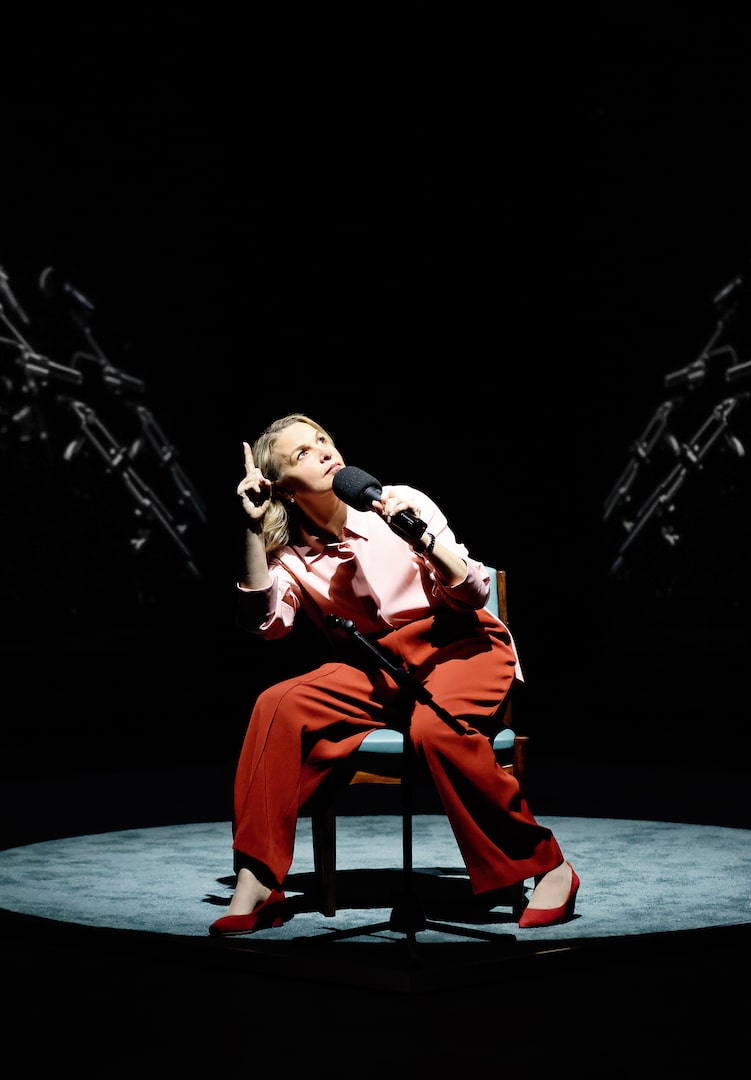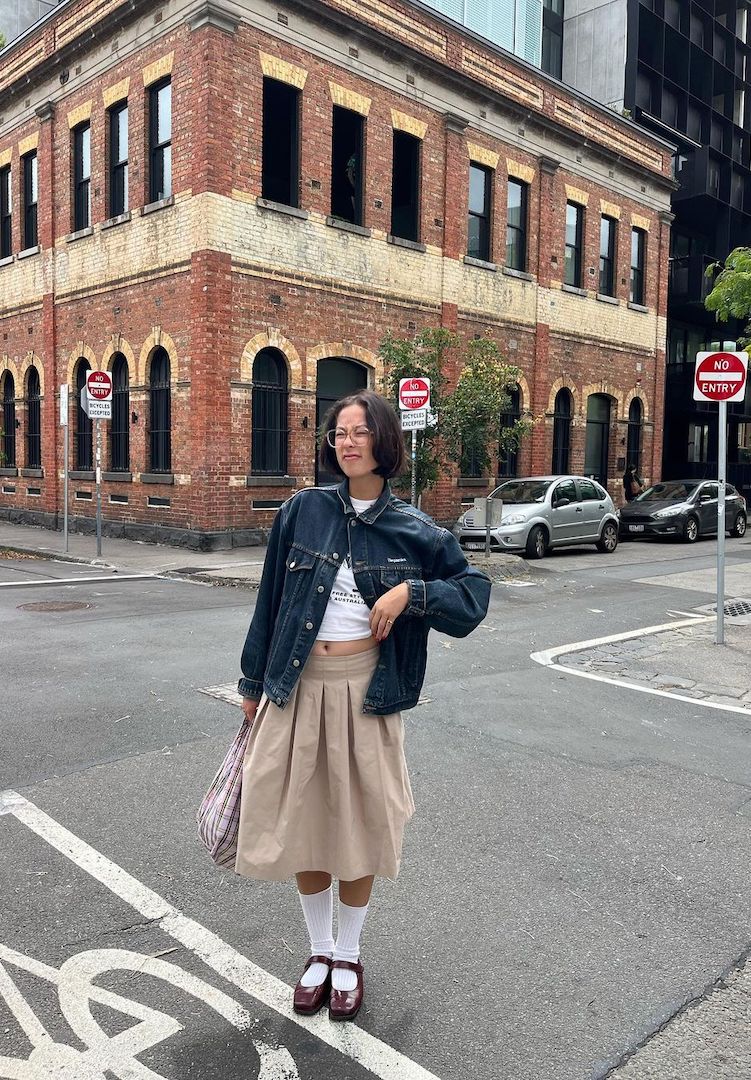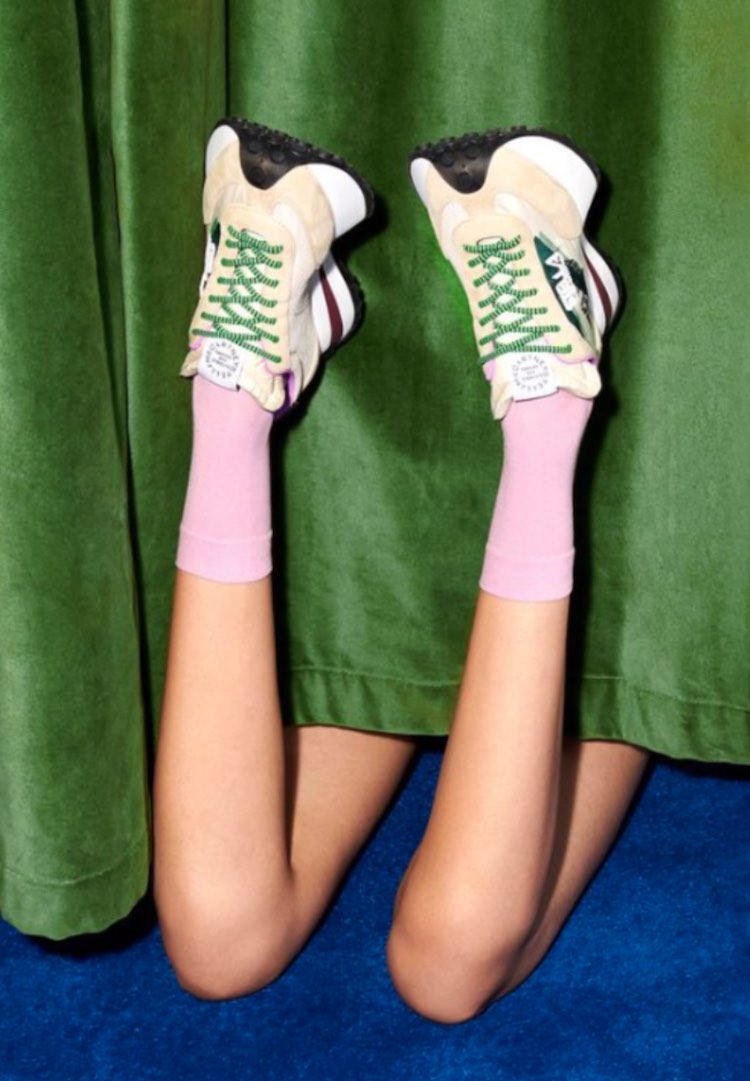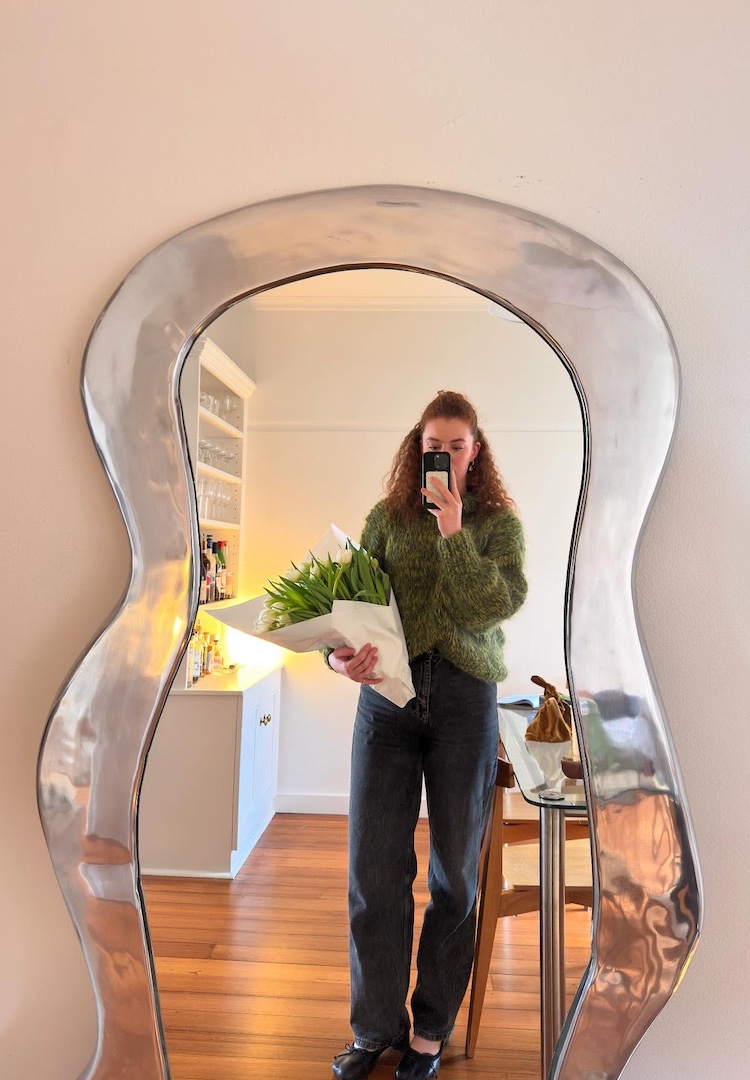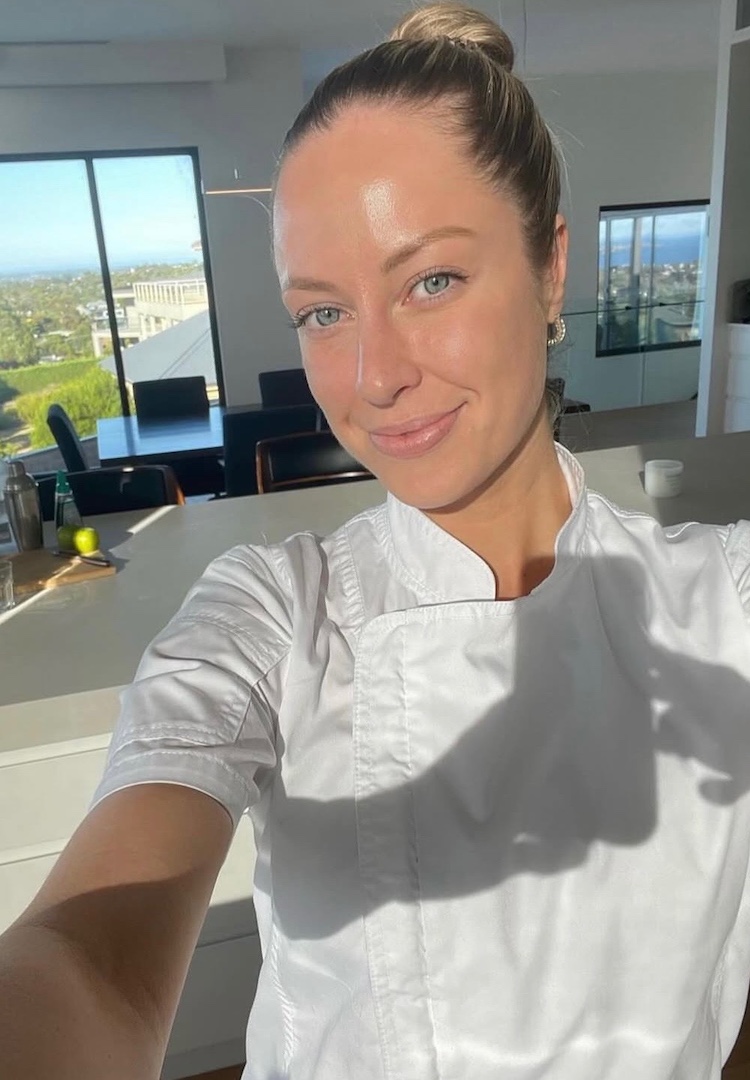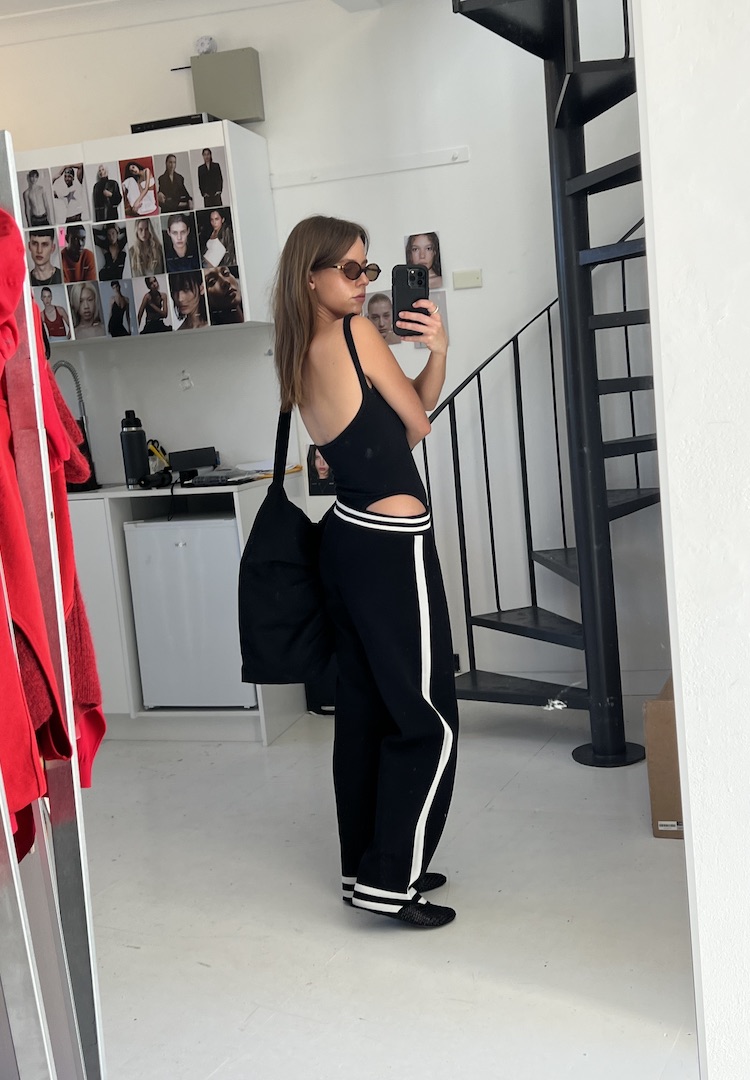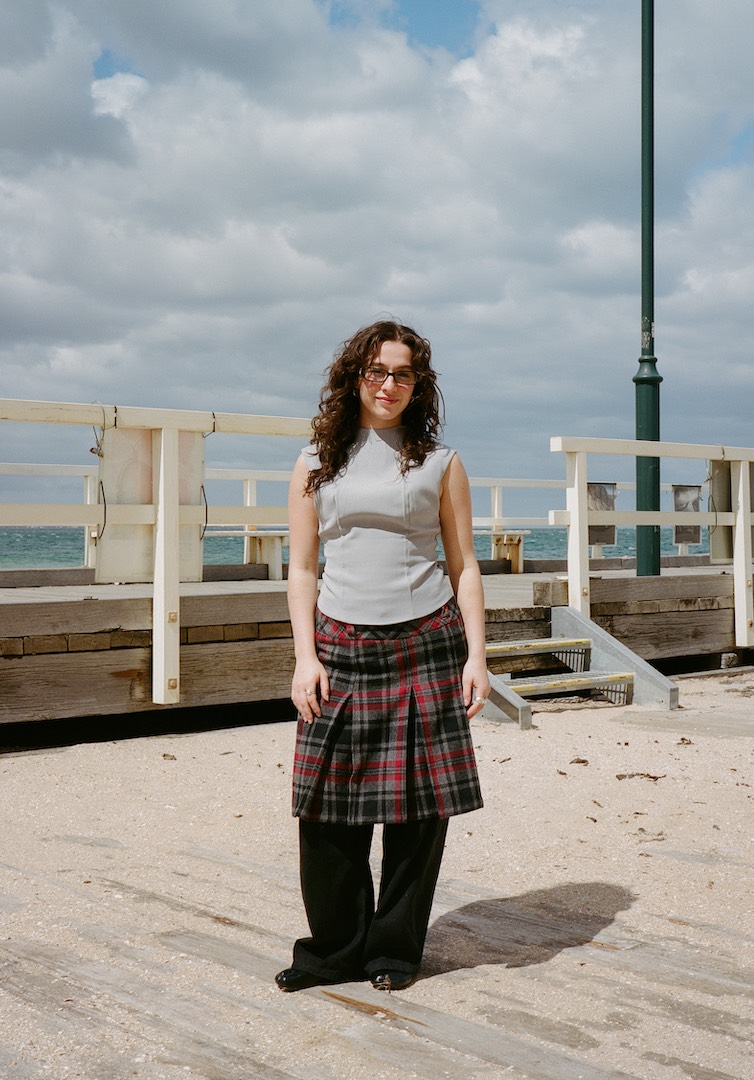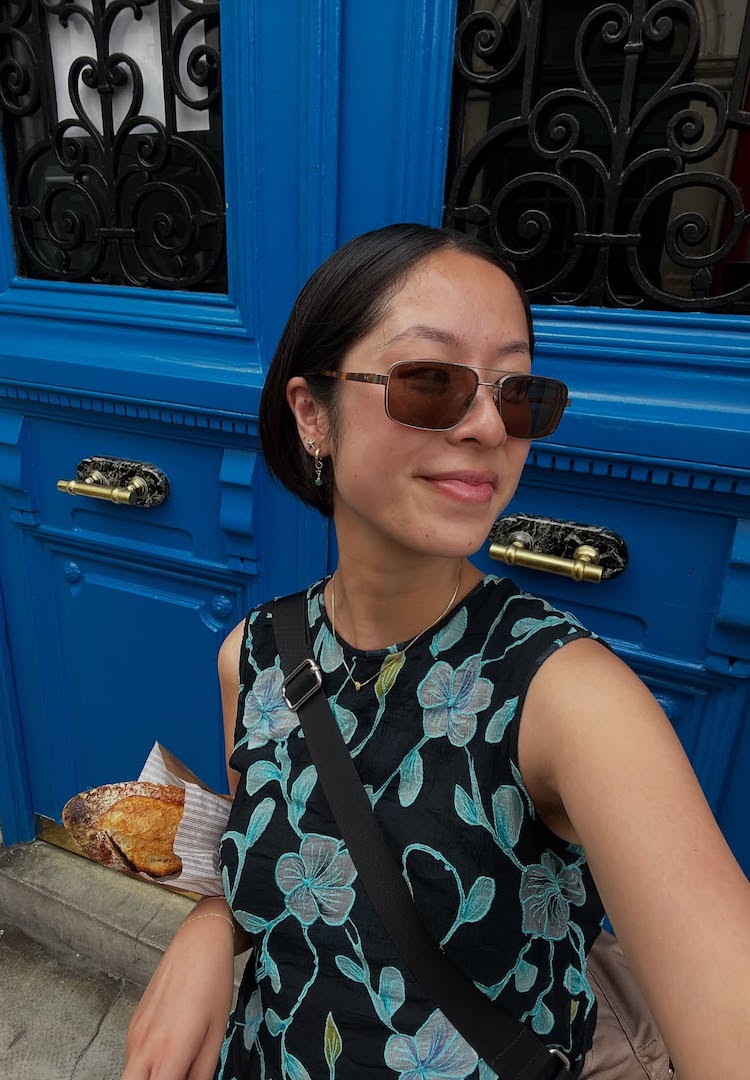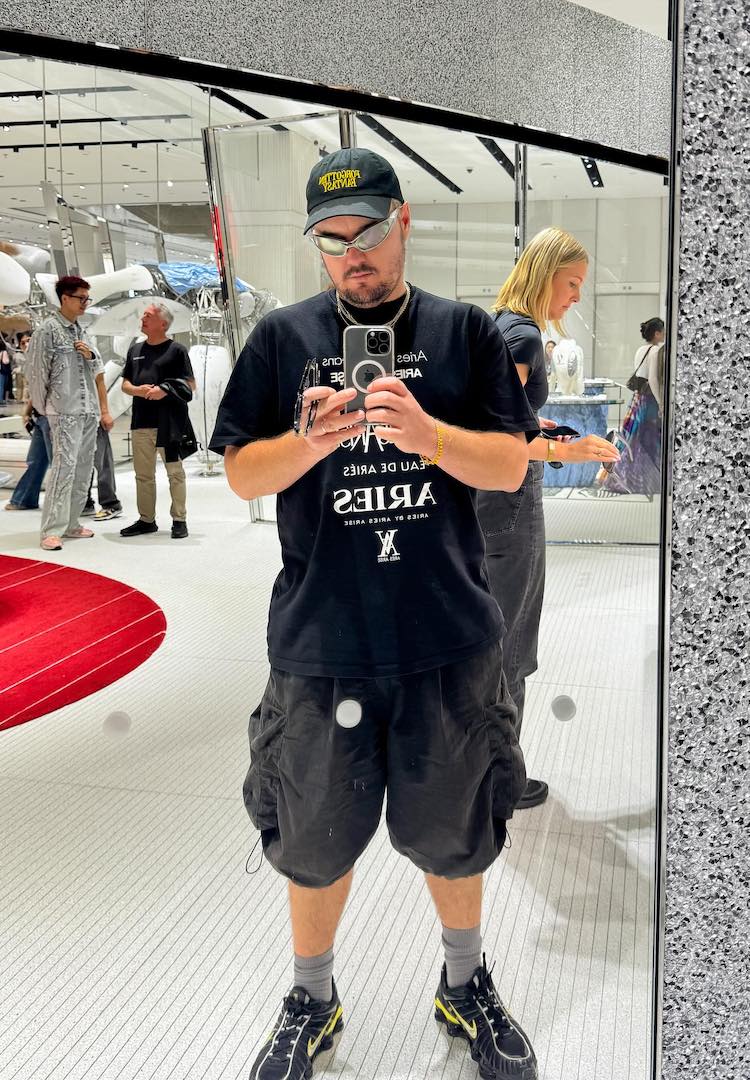How to land an internship, according to former Fashion Journal interns
IMAGE VIA @YEMAGZ/INSTAGRAM
WORDS BY IZZY WIGHT
“Stop comparing yourself to others – we all get to our destinations by different means.”
In the creative industries and particularly in fashion, internships are somewhat of an unwritten prerequisite. While they’re not technically mandatory, you’ll find most of your favourite writers, editors and stylists cut their teeth at the intern desk. And while not all unpaid work experiences are created equal (a reminder: don’t let yourself get exploited), the right internship can open up your professional world in amazing ways.
Like the wonderful women featured in this article, I also got my start as a Fashion Journal intern. Unsure of how to pivot from social media into the editorial realm, I applied for a writing program and the FJ internship, plus wrote an introductory email to the Managing Editor (who happens to have been an FJ intern herself, as you’ll find out).
Interested to hear how others navigate the world? Head to our Life section.
At FJ, to take part in our internship program it needs to be a requirement of your university course – something to keep in mind if you or someone you know is thinking about applying. We focus heavily on practical skill-building that primes our interns for the media industry and the impressive roles many end up in – often directly after completing their internships with us – are a testament to this. Below, seven other former Fashion Journal interns share their advice on landing an internship.
Amy Campbell, Features Editor at Esquire Australia
View this post on Instagram
I think a willingness to put yourself out there goes a long way. For example, if the publication or company you’d like to intern at is holding an event, go along and introduce yourself – being able to put a face to a name is always super helpful for editors when it comes to hiring. Another tip: magazine people spend a lot of time on Instagram, so they will probably respond to a DM. If you’re keen to get involved, slide in and ask the question.
Also, if it’s a writing internship you’re after, make sure you send a writing sample or two with your application. They don’t need to be published pieces – any blog or personal work can help to show your writing style and capability. TLDR: go for it!
Maggie Zhou, Writer, Podcaster and Content Creator
View this post on Instagram
I was fortunate to complete four (unpaid) internships over the course of my uni experience. One was a marketing and social media position at a tech start-up, the next was a writer role at an SEO-led fashion website, another was an editorial writer role at a food and lifestyle publication and the last was as an editorial intern at Fashion Journal! I found out about these internships a variety of ways – social media, the publication’s website, or even by having a conversation with someone who worked at said place.
I made sure to carefully follow any instructions they had for applying (details are important) and tailored every email and cover letter to show I understood the brand’s identity. Point to past work the brand has done that you’ve resonated with, and lightly flex your understanding of the company. Most of my internships went for about three months, and I’d go in once a week. Make the internship work for you!
Sohani Goonetillake, Multimedia Producer at Shameless Media
View this post on Instagram
The first step to landing an internship is to find opportunities to begin with. When I had next to no professional experience in media and communications, I trawled through LinkedIn to see what internships people did early on in their careers (that’s how I found FJ!). When it came time to apply, I found that humility went a long way. While it’s important to be confident and put your best foot forward, employers value interns who are willing to learn above all else.
Be honest about which skills you want to improve and which aspects of the organisation you want to be more familiar with. This enables employers to see your ambition and also allows them to help foster your development if you were to be successful.
Another more specific tip is – if given the opportunity (say in a cover letter or an interview) mention a piece of work from the publication that resonated with you. It’s an easy and effective way to show that you’ve done your research and are invested in the work that they do. Okay, that’s all from me. Good luck!
Camille Allen, Social Video Producer at Broadsheet Melbourne
View this post on Instagram
If you were granted access to my search history from this time last year, you’d be horrified by the psychotic nature I’ve previously exhibited. Hours were spent searching ‘how to be Alexa Chung’, ‘Alexa Chung Popworld episodes’, ‘cheapest flights from Melbourne’ and ‘Alexa Chung address’…
While I learnt too much about the woman who held down my dream job, I didn’t come any closer to working out how to get there. Around this time, the fine arts degree I was studying to ‘just get a degree’ failed me by a point a semester before graduation. After many hysterical tears, I came up with a game plan. If I were to become Alexa Chung, I would need to intern at Fashion Journal.
… I re-enrolled in a degree in communications, wiggled my way into a third-year internship class, and applied for FJ’s internship. My application consisted of a portfolio showcasing a variety of work – my blog I started when I was 12, videos I had produced, shot and edited and my art school portfolio, alongside a custom writing sample. I heard back a week later that I had been accepted.
Interning at FJ taught me so much. The women I got to work with held me accountable for my ideas. They became my friends. But my main takeaway from the experience was that I was never going to become Alexa Chung. As cheesy as this sounds, I was learning how to become me (ew… sorry). Stop comparing yourself to others – we all get to our destinations by different means. If something works out for you, fantastic. But if it doesn’t, compile everything you learnt, all the contacts you made and move on. Your individuality is key.
Kaya Martin, Associate Digital Editor at Beat and Staff Writer at Fashion Journal
View this post on Instagram
Not to be cliché, but I truly believe the first step to getting a great internship is to believe in yourself. It’s totally fine if you don’t have a tonne of experience – that’s what internships are all about. What hiring managers are looking for is enthusiasm, understanding, creativity and dedication. Crafting a killer application is key. Personally, when I’m reading applications, I want to get a sense of the candidate’s personality and what they’re passionate about, so don’t be afraid to be expressive.
There’s an art to being both professional and personable. Spend some time researching the publication and understanding its ethos before you start your application and be ready to work hard. I was a bit of a slacker in uni but I put all my effort into my internships and luckily, it paid off. At the end of the day, remember that you’re willing to work for free, so more often than not people will be willing to take you on as long as you seem capable and keen.
Gitika Garg, Assistant Editor at Broadsheet Media
View this post on Instagram
FJ was the first internship I ever did in the journalism and media space. Luckily for me, I had already written a story for them in the lead-up to my internship which meant the editors had a sense of my writing style (and I didn’t need to provide another sample). But if you are writing a sample, study the publication – its tone of voice, length of stories, types of features, verticals, etc. Make sure to inject the findings of your research into your cover letter, too.
Of course, you’re there to learn as much as you can, but you also want to add value to the team – don’t forget to say how. If you’re still unsure, don’t be afraid to reach out to others. DMing previous interns to ask what worked best for them was so helpful. And once you’ve landed the gig, my biggest advice is to soak up every bit of feedback and push yourself to build on it. Good luck!
Giulia Brugliera, Fashion Journal’s Managing Editor
View this post on Instagram
I’d applied to other internships with no luck, so I decided to take a different approach when applying to Fashion Journal. I spent time writing a story from scratch to FJ‘s tone of voice… [one] I could see would fit its pages. It worked. Since then, I’ve spent almost a decade at Fashion Journal working my way up to be Managing Editor.
I’ve reviewed hundreds of intern applications, and the ones that stand out are those that are truly customised for us. Winning cover letters are those that have been written specifically for FJ and adopt our tone of voice (while still being professional, of course). Visuals are also important, and the best applications match our visual language.
It’s a requirement of FJ internships to provide a custom writing sample, but I always look to see who has worked to align their writing samples with Fashion Journal’s brand. I’m also impressed when applicants go out of their way to email me separately, too. Most applicants won’t go above and beyond, but an email is a simple way to affirm your interest.
Interested in interning at Fashion Journal? Email your cover letter, CV and tertiary course code (the internship must support your uni requirements) to editorial@fashionjournal.com.au.

